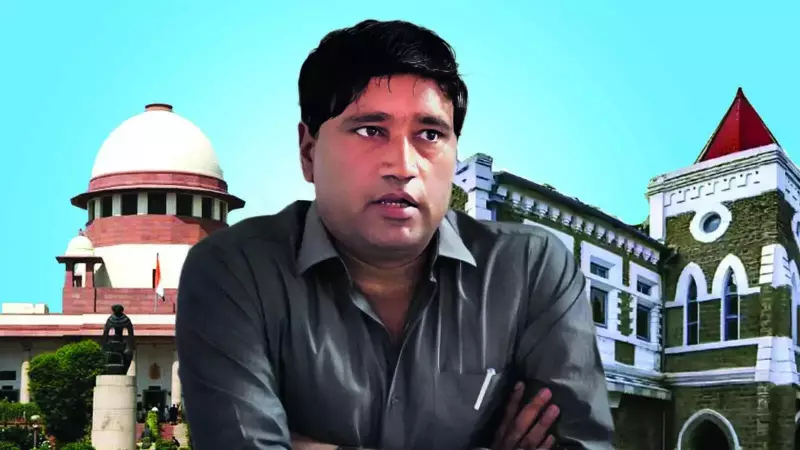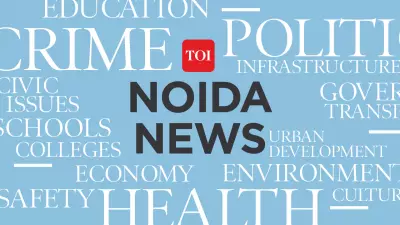
In a remarkable development that has sent shockwaves through India's legal community, an astonishing 16 judges have voluntarily stepped aside from hearing crucial whistleblower protection cases, creating an unprecedented judicial dilemma and raising eyebrows across the nation's courtrooms.
The Curious Case of Judicial Recusals
The mass recusal phenomenon began unfolding in what legal experts are calling one of the most unusual situations in recent judicial history. Court records reveal that judge after judge has been removing themselves from these sensitive cases, each citing different reasons for their decisions to step down.
"This level of judicial recusal is virtually unheard of in Indian legal annals," noted senior advocate Ravi Sharma. "When multiple judges recuse themselves from similar cases, it inevitably raises questions about the underlying reasons and potential implications for judicial independence."
Understanding the Whistleblower Context
The cases at the center of this judicial storm involve individuals who have exposed corruption and malpractice within various government and private institutions. These whistleblowers have sought legal protection under India's whistleblower protection framework, only to find their cases caught in an unusual judicial limbo.
Legal analysts point out that whistleblower cases typically involve:
- Allegations of corruption within powerful institutions
- Requests for protection against retaliation
- Sensitive information about government functioning
- Potential conflicts with influential entities
The Ripple Effect on Justice Delivery
The continuous recusals have created significant practical challenges for the judicial system. Each time a judge steps aside, cases must be reassigned to new benches, causing substantial delays in justice delivery and increasing the legal burden on whistleblowers who are already facing considerable pressure.
The domino effect of these recusals means that crucial protection decisions are being delayed, potentially putting whistleblowers at risk while their cases remain in legal limbo.
Legal Community Reactions
Prominent legal experts and former judges have expressed concern about the situation. Many emphasize that while individual recusals are a judge's prerogative, the pattern emerging in these cases warrants closer examination.
"Judicial recusal is an important mechanism to ensure fairness, but when it becomes a pattern in specific types of cases, we must ask whether there are systemic issues at play," commented former Supreme Court justice Madhav Menon.
Broader Implications for Judicial Independence
This unusual situation has sparked broader discussions about:
- The pressures facing judges in high-stakes cases
- The need for transparent recusal procedures
- Mechanisms to handle sensitive cases without compromising judicial independence
- Protecting the integrity of whistleblower protection systems
The legal fraternity remains divided on whether these recusals represent a concerning trend or simply coincidental individual decisions. However, most agree that the situation highlights the complex challenges facing India's judiciary when handling cases involving powerful interests and sensitive disclosures.
Looking Ahead
As the judiciary grapples with this unprecedented situation, attention now turns to how the court administration will manage these cases going forward. Legal observers are watching closely to see if a permanent bench will be constituted to handle these sensitive matters or if new procedures will be implemented to address the underlying concerns driving the recusals.
The outcome of this judicial conundrum could have lasting implications for how India's legal system handles whistleblower protection and maintains judicial independence in the face of complex, high-stakes litigation.





